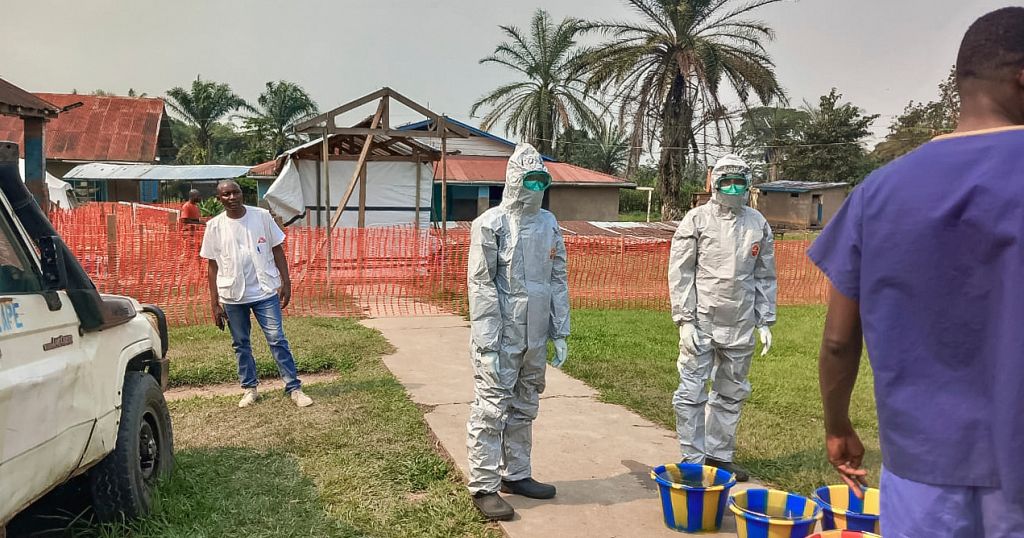The World Health Organization (WHO) has reported a significant decline in the Ebola outbreak in southern Congo, with no new cases recorded since October 1. According to the WHO, 10 days have passed without any newly reported cases, indicating potential control of transmission in the affected areas. The outbreak, which was announced on September 4, has resulted in a total of 64 cases, including 53 confirmed and 11 probable, in Congo’s Kasai Province.
The WHO has also reported 43 deaths, including 32 confirmed and 11 probable. The outbreak is the first in 18 years in the remote part of the country, located over 1,000 kilometers from the capital Kinshasa. Health authorities and organizations had previously warned of a lack of funds and resources to respond to the crisis effectively.
Improved logistics and field operations, including helicopter and ground deliveries of medical supplies and the decontamination of three health facilities, have contributed to the containment of the outbreak. The WHO attributes the steady decline in transmission and improved case management to coordinated interventions led by the Ministry of Health, with support from the WHO and partners.
Despite the progress, the WHO advises caution, as almost 2,000 contacts, or people who may have been exposed to the disease, are being monitored. The organization notes that a single missed contact could reignite transmission chains, especially in areas with high population movement or limited community surveillance.
The Ebola outbreak in Congo is a significant public health concern, and the WHO’s efforts to contain it are crucial. The organization’s response, including improved logistics and field operations, has helped to slow the spread of the disease. Continued monitoring and support are essential to prevent further transmission and ensure the outbreak is brought under control. The WHO’s work in Congo highlights the importance of international cooperation and support in responding to public health emergencies.
